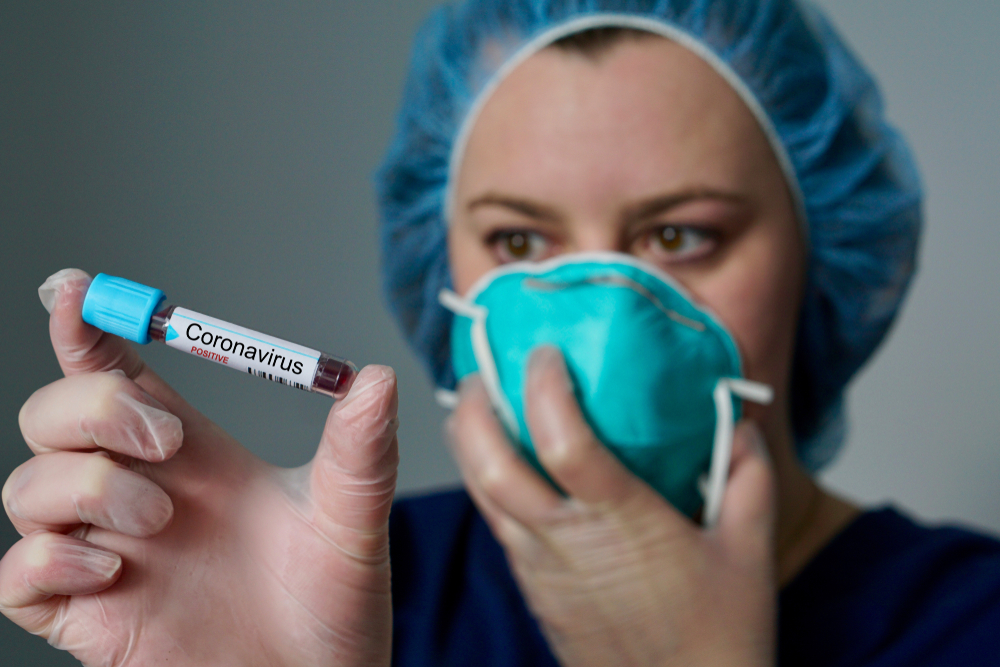
With those infected by the novel coronavirus – 2019-nCoV – now topping 7,000, the World Health Organization (WHO) and World Economic Forum have jointly created a public-private collaboration known as the Pandemic Supply Chain Network (PSCN) to drive the emergency supply chain.
The network will debut with a teleconference, the first of hundreds, being dispatched to more than 350 organizations in the private sector and 10 multilateral organizations. Its goal: develop a market capacity and risk assessment for personal protective equipment (PPE). This assessment will then be used as the foundation for measuring global demand against global supply. Beyond this, the PSCN is meant as a network to foster data sharing and to coordinate and connect operations.
The organization’s launch comes as WHO Director-General Dr. Tedros Adhanom Ghebreyesus declared the new coronavirus outbreak a Public Health Emergency of International Concern on Thursday. He said WHO continues to have confidence in China’s capacity to control the outbreak.
“The main reason for this declaration is not because of what is happening in China, but because of what is happening in other countries,” Ghebreyesus said in a statement. “Our greatest concern is the potential for the virus to spread to countries with weaker health systems and which are ill-prepared to deal with it.”
As of Thursday, WHO announced that the 2019-nCoV has impacted 18 countries. Suspected cases within China have now risen to more than 12,000, while 170 have died. At this time, the WHO risk assessment for China remains very high, and globally, the risk is high.
The organization’s goals remain the limitation of human-to-human transmission, identifying and isolating patients early, identifying and reducing transmission from the original source, revealing the many unknown factors about the virus, furthering communication and minimizing the coronavirus’ social and economic impact through multisectoral partnerships.
In a statement this week, the Global Preparedness Monitoring Board simultaneously commended the speed of the global response so far, and especially China’s efforts, but stated concerns over how many countries remain unprepared. It urged a series of actions, including the open sharing of information, the dedication of resources to preparedness even in places the virus has not struck and work among the private and public sectors to coordinate and accelerate development of vaccines, diagnostics, and therapeutics for use against 2019-nCoV.
“I welcome Global Preparedness Monitoring Board’s statement on new #coronavirus & their call for: countries to invest in essential preparedness capacities to keep the world safe; & for institutions to invest in R&D of new tools to prevent & stop the virus,” Ghebreyesus tweeted in response to the report. “We support the Board’s call for public and private sector researchers such as @CEPIVaccines to swiftly develop vaccines against the new #coronavirus (2019-nCoV). This work can leverage ongoing research for other coronaviruses such as MERS-CoV.”
As to the PSCN, its founders hope to use it to ensure timely delivery of needed health supplies. While assessment will be its main function, it will also provide outreach and consultation to the private sector and provide a look at the production and strategic allocation of commodities, services, and other resources deemed essential to managing outbreaks of international concern.




